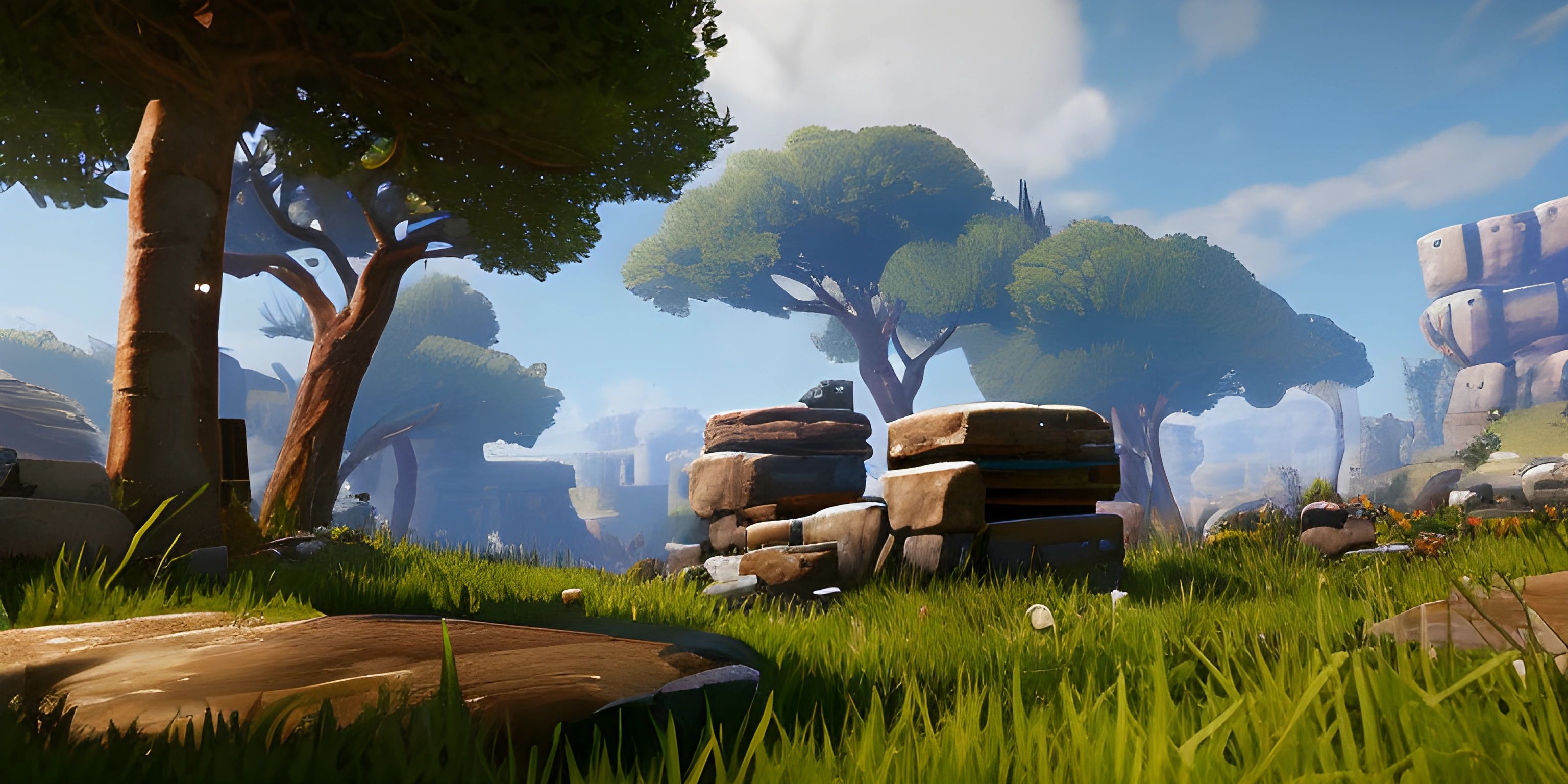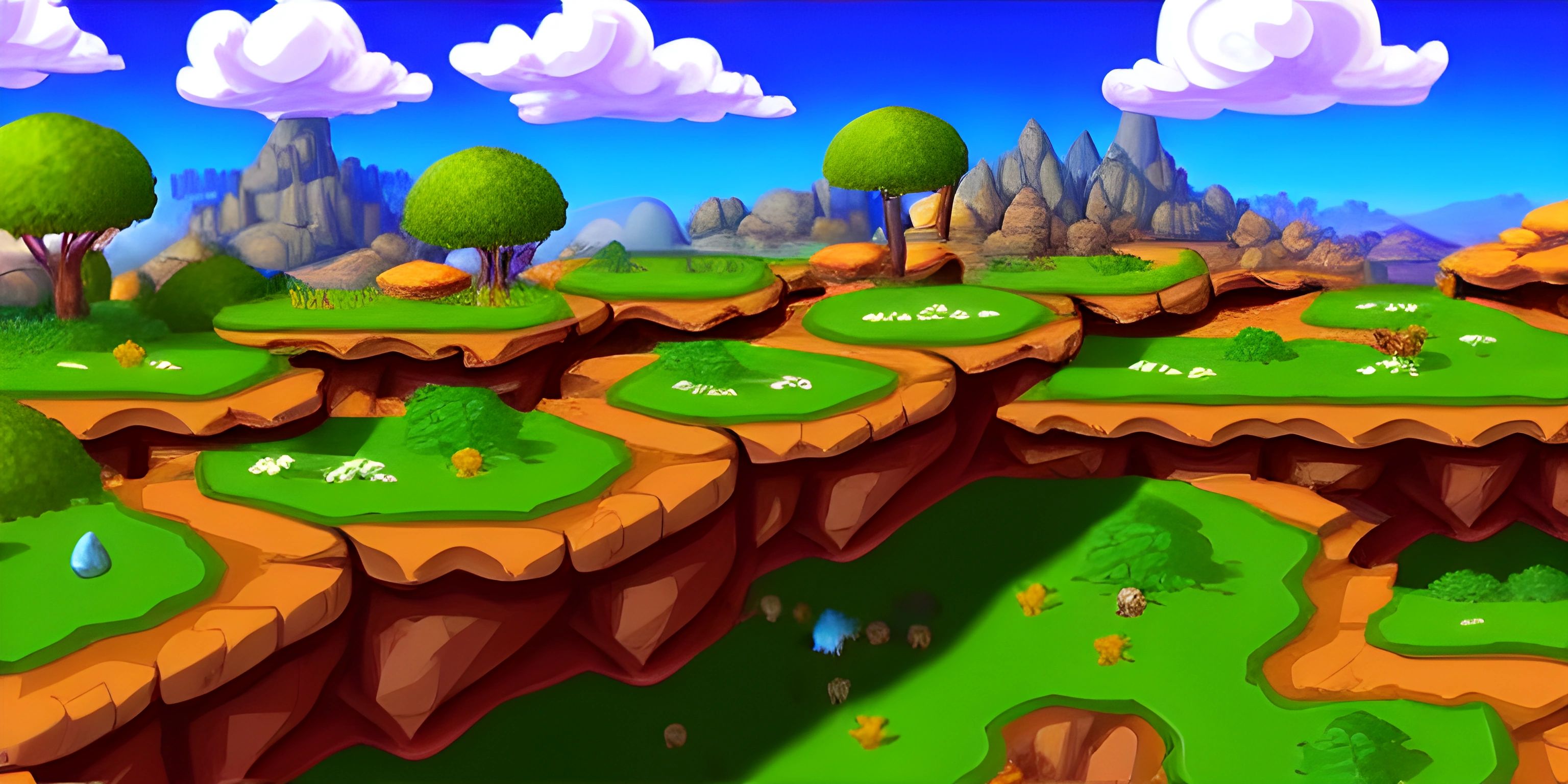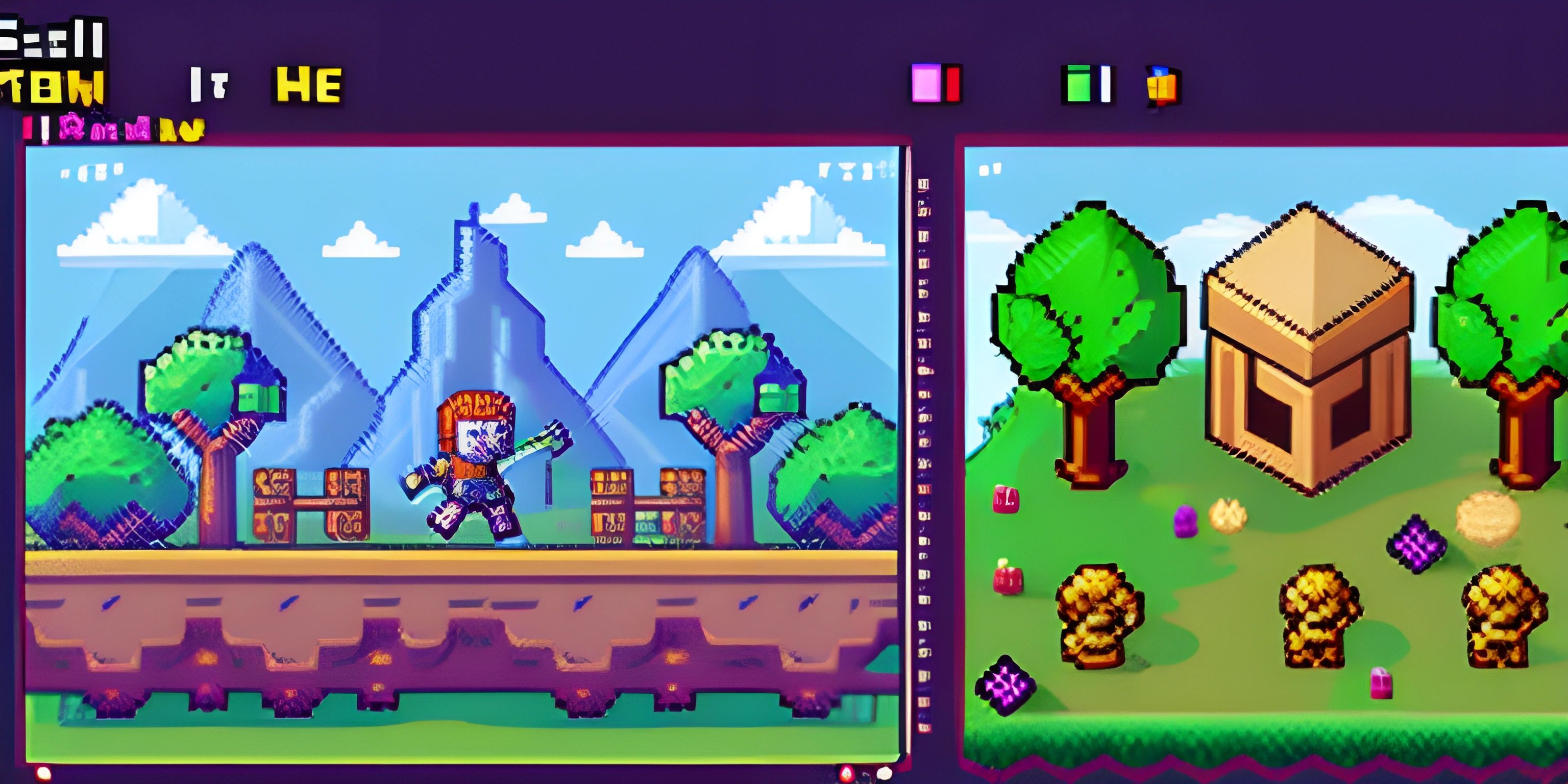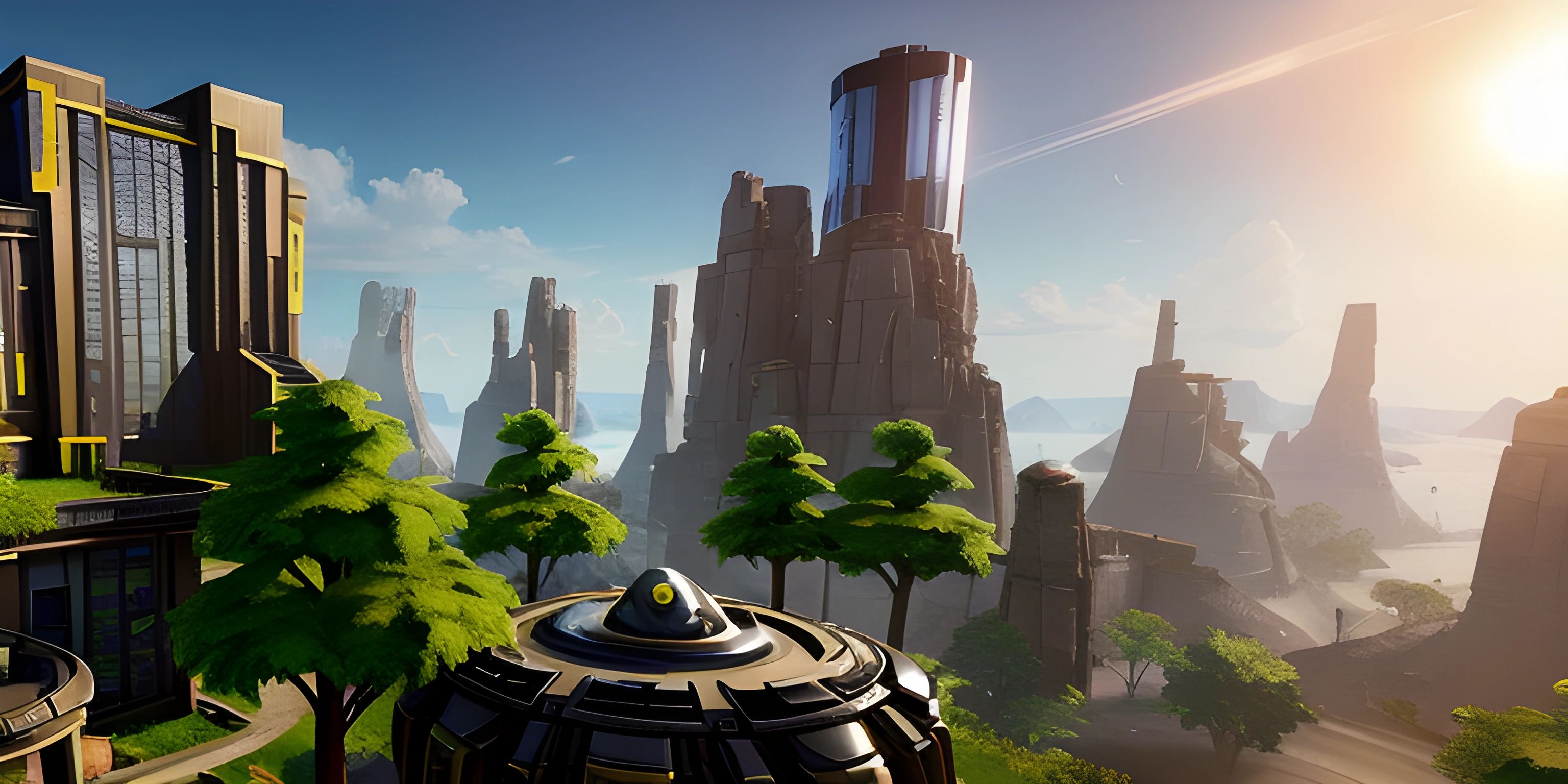Unity Game Engine

Note: this page has been created with the use of AI. Please take caution, and note that the content of this page does not necessarily reflect the opinion of Cratecode.
Unity is one of the most popular game engines in the world, known for its versatility and ease of use. It allows developers to create stunning 2D and 3D games across a wide range of platforms. With a vast array of built-in tools and an extensive asset store, Unity has everything you need to bring your game ideas to life.
Features
Unity comes packed with a plethora of features that make it easy for both beginners and experienced game developers to create stunning games. Let's take a closer look at some of the standout features that have made Unity the go-to game engine for many developers.
Cross-Platform Support
One of the biggest selling points of Unity is its ability to export games to numerous platforms with minimal hassle. Unity supports a wide range of platforms, including PC, consoles, mobile devices, and even virtual reality (VR) and augmented reality (AR) devices. This cross-platform support allows developers to reach a broader audience without having to worry about rewriting their games for each platform.
Built-In Tools
Unity offers a host of built-in tools that streamline the game development process. Some of these tools include:
- Scene Editor: A powerful and intuitive editor for creating and editing game scenes, complete with a drag-and-drop interface for adding objects and assets to your game world.
- Animation: Unity's animation tools allow you to create complex animations using keyframes, curves, and events, as well as blend multiple animations together seamlessly.
- Physics: Unity's built-in physics engine, PhysX, enables realistic physics simulations for objects in your game world. This includes collision detection, rigid body physics, and even cloth and soft body simulations.
- Scripting: Unity uses C# as its primary scripting language, allowing developers to write custom logic and functionality for their games. The engine also features a robust API, making it easy to interact with and manipulate various aspects of your game world.
Asset Store
The Unity Asset Store is a treasure trove of resources for game developers. It offers a wide range of assets, from 3D models and textures to scripts and complete game templates. These assets can significantly speed up development and improve the overall quality of your game.
Learning Curve
Unity is known for its user-friendly interface and relatively gentle learning curve. While it may take some time to master all the nuances of the engine, there is a wealth of resources available to help you learn. From official documentation and tutorials to community forums and YouTube channels, you'll never be far from help should you need it.
Community
Unity boasts a large and active community of developers who are always willing to share their knowledge and help others. This community-driven support system can be invaluable for beginners looking to learn the ropes or experienced developers seeking advice on more advanced topics.
Conclusion
Unity's versatility, powerful features, and ease of use have made it one of the most popular game engines around. With its cross-platform support, built-in tools, and extensive asset store, Unity provides everything you need to create stunning games that can be enjoyed by players worldwide. If you're considering diving into game development, Unity is definitely worth exploring.
Hey there! Want to learn more? Cratecode is an online learning platform that lets you forge your own path. Click here to check out a lesson: Why Program? (psst, it's free!).





